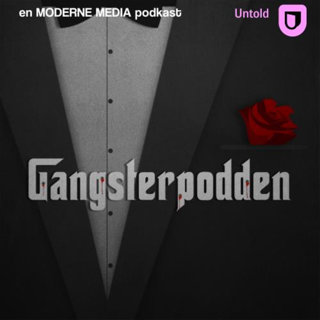
3. A bit of a mess
At last, Henry VIII's wish could be fulfilled. He left the throne to his son. A male heir, just what he'd always wanted. Well, it wasn't that simple, First of all, Edward VI was only 9 when he came to the throne. Real power was exercised by a Regency Council that was - and this may shock you - not massively competent and rather more concerned with its own interests than with the nation's. What's more, Edward was England's first definitively Protestant monarch. A second shock for you will be to discover that a zealot for the oher side could be just much of a vandal as his enemies on the other. The illustration is a 19th century engraving of Edward VI, ©Georgios Kollidas/123RF.COM
29 Nov 20207min

2. The Wives of Henry VIII
We got to know Henry VIII a bit in chapter 1. We also talked a little about his wives, and it seems only right that we think about them a bit more now, especially since having a lot of wives is what Henry's best known for. So chapter 2 takes a look at their stories, at why Henry married them (well, the other reasons, apart from his attraction to young women), and to what extent he hit his objective. And, to surprise and amuse us all, we end with an unusual example of foresight and enlightened thinking from a monarch generally better known for self-serving authoritarianism. The picture is a detail of a British stamp showing the face of Catherine Howard, the wife who was rather too free with her charms for the taste of of her husband. ©Andy Lidstone/123RF.COM Music: Bach Partita #2c by J Bu licensed under an Attribution-NonCommercial-NoDerivatives (aka Music Sharing) 3.0 International License.
24 Nov 202013min

A History of England (Trailer)
21 Nov 202036s

1. Bloody Henry
Welcome to A History of England. As well as the podcast, there's a series of accompanying booklets, available as a paperback or a Kindle download. The first, covering episodes 1-35, is available on Amazon now. Just look for David Beeson A History of England. We can't get started without taking a moment to acknowledge the Spanish journalist and novelist, Arturo Perez Reverte. It was his Una Historia d'España, A History of Spain that inspired me to make this series. I like the idea of really short chapters, which I've imitated. I like the use of a normal sort of language, and not fine, carefully modulated diction. But above all, what I liked was the idea of A history and not The history of the nation. I make no pretence at writing some academic tome. I make no pretence of academic detachment. I do make a pretence, or rather the attempt, to get the facts as right as possible. However, it's a particular view. Above all, it's less about discovering what England did at any particular point over the last few centuries, as about understanding how, by doing it, England got Britain to where it is today. Let's get started. With, sensibly enough, Chapter One. It's dedicated to Henry VIII or, as I think of him, Bloody Henry. Picture: ©Satori/123RF.COM Music: Bach Partita #2c by J Bu licensed under an Attribution-NonCommercial-NoDerivatives (aka Music Sharing) 3.0 International License.
19 Nov 202012min





















